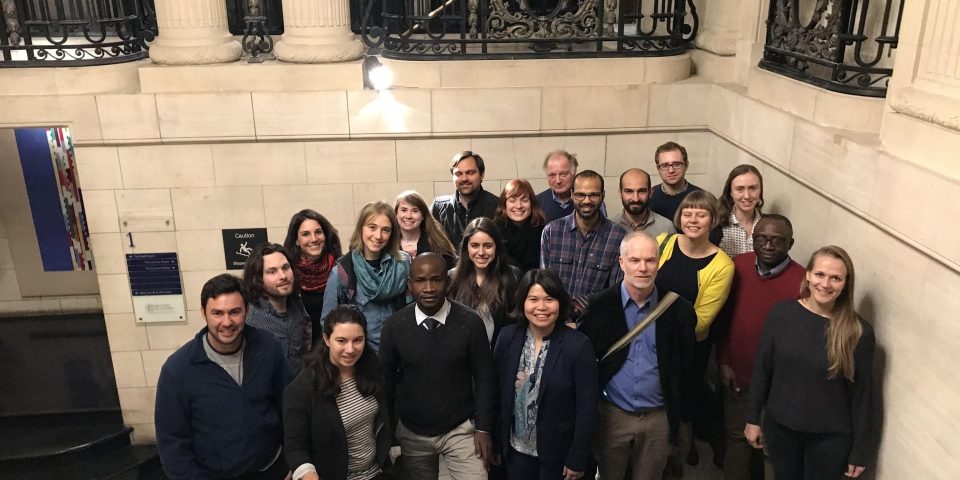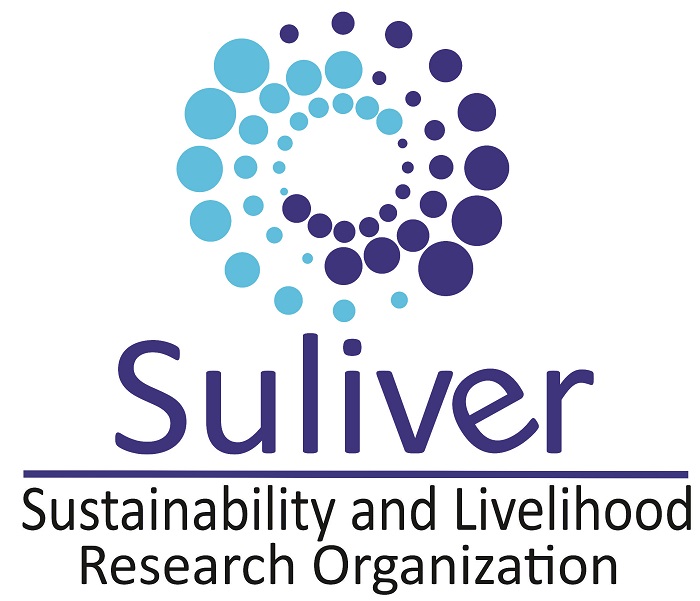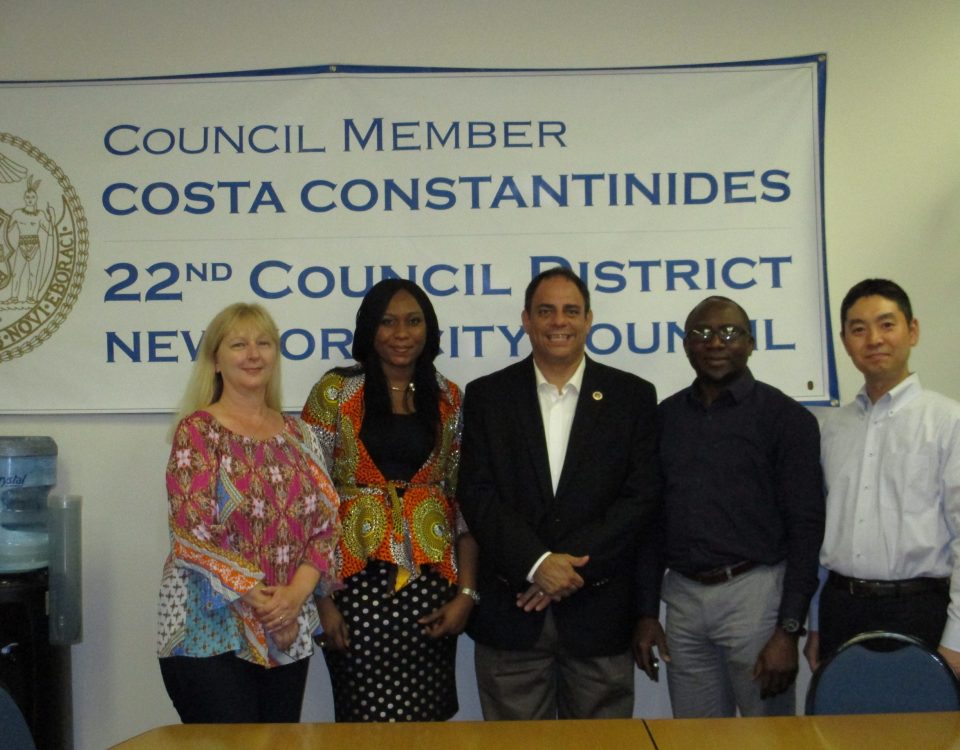
Webinar Announcement: Climate Education, Enlightenment and Communication
January 28, 2018
Drying Dams of Capetown: The impending Global Water Crisis
March 2, 2018
.
Early career researcher networks meet in London
Last week, representatives from 17 international networks of early career researchers met in London to discuss new collaborations and the challenges facing professionals beginning careers in sustainability. The workshop, convened by Future Earth, brought together a range of networks, including groups that focus on everything from international science policy to community resilience in Zambia.
These organisations are members of the Early Career Researchers Network of Networks, a coalition of 26 international networks that seek to facilitate cooperation and ensure effective participation of the early career community in international research activities. The Network of Networks, a strategic partner of Future Earth, is now the world’s largest collaboratory structure for early career interdisciplinary research. It reaches thousands of next generation researchers and professionals around the world.
At the London meeting on 22 to 24 January, member representatives came together to discuss how these networks could work together and with Future Earth around shared goals, visions and future activities. The exchange was interdisciplinary, bringing together researchers studying everything from ecology to anthropology and finance and economics, and covered topics beyond academics. For example, the non-governmental organisation Envaros builds community resilience in Zambia through innovative research and capacity building around issues of water supply, environmental sanitation, climate resilience and mining.
On a more international scale, the meeting also included representatives from the Intergovernmental Platform for Biodiversity and Ecosystem Services (IPBES) Young Fellows Programme. These fellows constitute a global transdisciplinary team of emerging experts in biodiversity and ecosystems services working at the interface between science and policy.
The Young Earth System Scientists community (YESS), in contrast, is centred on a broader research area, bringing together more than 1000 early career scientists from 85 countries and a range of disciplines. The Sustainability and Livelihood Research Organization (Suliver) focuses on the impacts of research on livelihoods and sustainability in Nigeria and other parts of the world, aiming at ensuring that research results in action. The International Consortium of Research Staff Associations (ICoRSA) supports the development of national associations to enhance the productivity and experiences of research staff, postdoctoral scholars and early career researchers.

Over the coming year, the Network of Networks will focus its efforts on two main topics: the challenges of early career professionals in inter-, multi- and transdisciplinary research and helping researchers to understand how policies are made and how research can effectively impact them. Two working groups will lead efforts to hold webinars, create surveys and publish the results in different formats, such as articles, books and videos. A third working group will improve internal and external communication of the the Network of Networks to ensure efficient and productive exchanges between member networks and their external partners.
In addition, the Suliver and Earth System Governance (ESG) networks used the occasion to initiate a process for collaborative activities on small-scale fisheries in developing countries. The two networks will commence the collaboration with a joint webinar on “Governance, Sustainable Fisheries, Livelihood and Aquaculture in the Developing World”.
The workshop was led experts from different sectors, such as international policy-making (Jacquie MacGlade), the arts (Chris Fremantle), design fiction (Emmanuel Tsekleves), urban development (Serena Pollastri), transformations (Jonathan Rowson) and renewable energies (Mark Tarry). Together, participants developed scenarios of future systems, the required changes and pathways for four of Future Earth’s Knowledge-Action Networks: Natural Assets, Transformations, Urban and Systems of Sustainable Consumption and Production
.Over one and half days, the group worked on future scenarios laying out new and innovative ideas on how to advance action and research in the Knowledge-Action Networks. The proposals will be further developed with the Knowledge-Action Network Development Teams and other partners, and participants envision developing a synergistic publication on early career perspectives in Knowledge-Action Networks.
Current Early Career Researchers Network of Networks members
IUCN World Commission on Environmental Law Early Career Group (IUCN WCEL ECG)Young Earth System Scientists community (YESS)
Network of Early-career Sustainable Scientists & Engineers (NESSE)
Sustainability and Livelihoods Research Organization (Suliver)
Global Colleagues - Academics Stand Against Poverty (Global Colleagues-ASAP)
Association of Polar Early Career Scientists (APECS)
Ice Core Young Scientists (ICYS)
Global Young Academy (GYA)
International Network of Next-Generation Ecologists (INNGE)
Earth System Governance Project (ESG)
Association of Tropical Biology and Conservation capacity building committee (ATBC CBC)
Young Scholars Initiative (YSI)
German Network of Early Career Scientists in Future Earth
Luc Hoffmann Institute (LHI)
Permafrost Young Researchers Network (PYRN)
Cambridge Conservation Initiative ECR network (CCI ECR network)
IPBES Young Fellows
Institute of Systems Sciences, Innovation and Sustainability Research, University of Graz
International Consortium of Research Staff Associations (ICoRSA)
Hydrocarbon Development Institute of Pakistan
ENVAROS
South African National Biodiversity Institute (SANBI)
CCAFS
International Penguin Early Career Scientists (IPECS)
Young Ecosystem Services Specialists (YESS)
Spaces of Climate and Energy Laboratory (SpaceLab)




